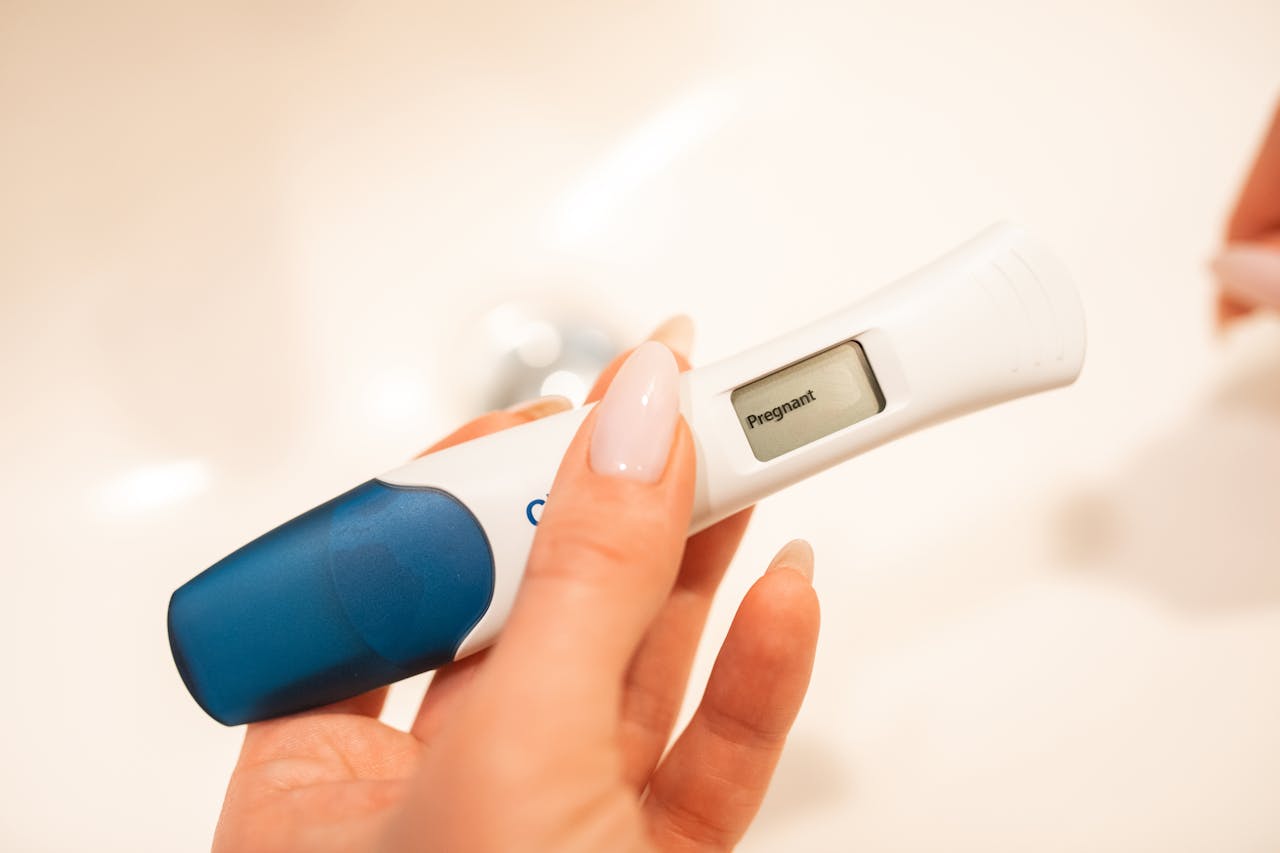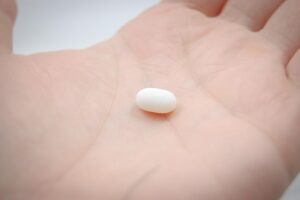
When to Take a Pregnancy Test
If you’re wondering when to take a pregnancy test, you’re not alone. Whether you’ve just had unprotected sex or your period is late, timing is key to getting accurate results and peace of mind.
In this post, we’ll walk you through the best time to take a pregnancy test based on your menstrual cycle, when you had sex, and what symptoms might mean.
When to Take a Pregnancy Test Based on Your Cycle
The most reliable time to take a pregnancy test is after you’ve missed your period.
Here’s why: Pregnancy tests detect the hormone hCG (human chorionic gonadotropin), which is only present in your body after a fertilized egg implants in the uterus, usually about 6 to 12 days after ovulation.
By the first day of a missed period, hCG has most likely had at least a week to increase to a level that is detectable by urine pregnancy tests.
If your cycle is irregular or you do not track your period at all, the best practice is to wait 21 days after unprotected sex to ensure that the hCG levels are high enough to detect.
Early testing (before a missed period) is possible with some tests, but results may not be accurate if taken too soon. The most common problem with early testing is getting a false negative. If you think you are pregnant and have a negative early test, you can wait a few days to retest, or wait until your missed period to retest.
When to Take a Pregnancy Test After Sex
If you’re calculating when to take a test based on when you had sex, here’s a general timeline to follow:
- 1–7 days after sex: This is too early for a pregnancy test—implantation hasn’t occurred yet.
- 8–14 days after sex: This is the window when implantation may happen, and hCG begins to rise. Early detection may be possible, but there is still a high risk of a false negative.
- 14+ days after sex: This is the best time to take a test. Your hCG levels, if pregnant, should be high enough to detect.
Keep in mind: even using contraceptive methods such as condoms, birth control, or pulling out have a very small chance of pregnancy. If you are sexually active, pregnancy is possible.
Common Early Pregnancy Symptoms
If you’re not sure whether to take a test, these early signs may help guide your decision:
- Missed or delayed period
- Unusual fatigue
- Nausea or food aversions
- Breast tenderness
- Light spotting (implantation bleeding)
- Frequent urination
While symptoms can be indicators, they’re not proof. A pregnancy test is the only way to verify if you have elevated hCG. An ultrasound can confirm a viable pregnancy.
Need Help or Still Unsure?
If you’re facing an unexpected pregnancy or just need someone to talk to, we’re here. Our center offers no cost pregnancy testing, options consultations, and a safe, confidential place to ask questions—without pressure or judgment.
Contact us today to schedule an appointment. You don’t have to go through this alone.
Recent Stories

Abortion Pill Reversal: What You Need To Know
Read Article
Missed Period Pills: Understanding the Risks and Realities
Read Article
Is Having an Abortion Like Having Your Period?
Read Article
Salt Pregnancy Test: What It Is, How It Works, and If It’s Accurate
Read Article
